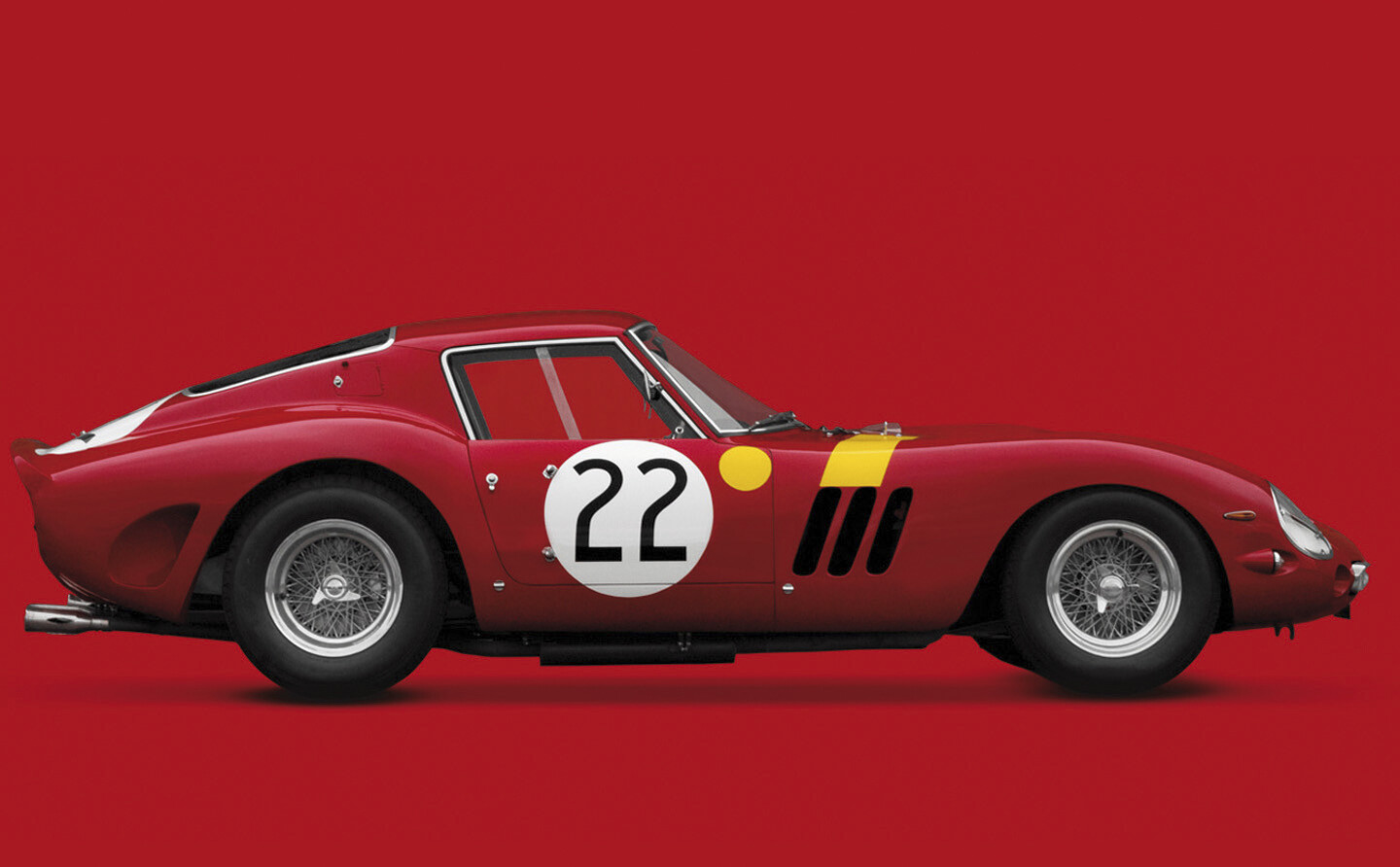April 8–September 18, 2022
Concept and Design by Norman Foster, curated with Lekha Hileman Waitoller and Manuel Cirauqui of Guggenheim Museum Bilbao and a team from the Norman Foster Foundation and its collaborators.
Exhibition organized by the Guggenheim Museum Bilbao and the Norman Foster Foundation.
Sponsored by Iberdrola and Volkswagen Group.
Collaborators: Cadillac in Clay Modelling Studio and Sennheiser in the immersive sound experience.
Benefactor: Gestamp
The Guggenheim Museum Bilbao presents Motion: Autos, Art, Architecture, sponsored by Iberdrola and Volkswagen Group. The exhibition celebrates the artistic dimension of the automobile and links it to the parallel worlds of painting, sculpture, architecture, photography, and film. Taking a holistic approach, the exhibition challenges the separate silos of these disciplines and explores how they are visually and culturally linked.
The exhibition considers the affinities between technology and art, showing for example how the use of the wind tunnel helped to aerodynamically shape the automobile to go faster with more economic use of power. This streamlining revolution was echoed in works of the Futurist movement and by other artists of the period. It was also reflected in the industrial design of everything from household appliances to locomotives.
The exhibition brings together around 40 automobiles—each the best of its kind in such terms as beauty, rarity, technical progress and a vision of the future. These are placed centre stage in the galleries and surrounded by significant works of art and architecture. Many of these have never before left their homes in private collections and public institutions, and as such, are being presented to a wider audience for the first time.
The exhibition is spread over ten spaces in the museum. Each of seven galleries is themed in a roughly chronological order. These start with Beginnings and continue as Sculptures, Popularising, Sporting, Visionaries and Americana and close with a gallery dedicated to what the future of mobility may hold.
Future shows the work of a younger generation of students from sixteen schools of design and architecture on four continents, who were invited by the Norman Foster Foundation to imagine what mobility might be at the end of the century, coinciding roughly with the 200th anniversary of the birth of the automobile.
The remaining four spaces comprise a corridor containing a timeline and immersive sound experience, a live clay-modelling studio and an area devoted to models.
Unlike any other single invention, the automobile has completely transformed the urban and rural landscape of our planet and in turn our lifestyle. We are on the edge of a new revolution of electric power, so this exhibition could be seen as a requiem for the last days of combustion.


